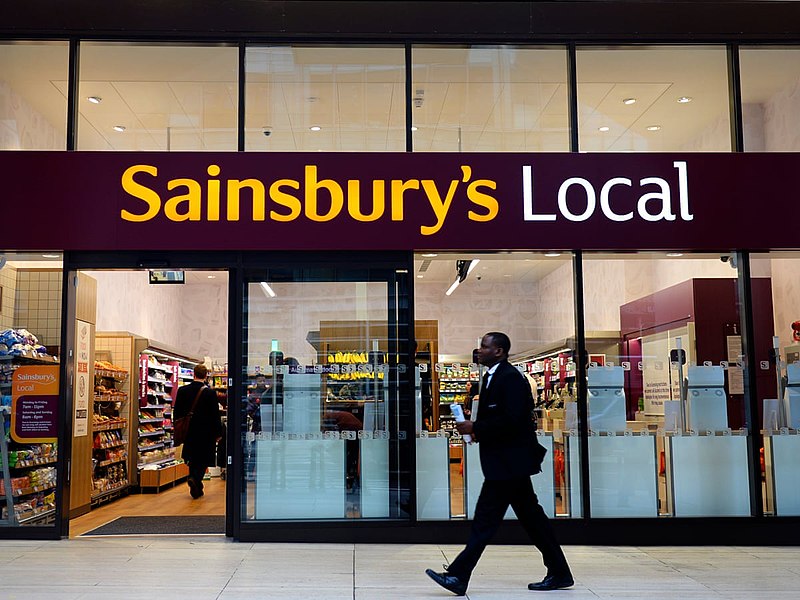
Sainsbury's has revealed plans to increase pay rates starting March as supermarkets compete to retain their workforce.
The minimum pay for employees outside London will rise to £12 per hour, with staff in the capital seeing their wages increase to £13.15 per hour.
This adjustment ensures that all workers will receive the voluntary Real Living Wage, surpassing the mandatory National Living Wage. The wage hike will benefit approximately 120,000 employees, according to Sainsbury's.
Presently, workers outside London receive £11 an hour, while those in London get £11.95 an hour. With the National Living Wage scheduled to climb to £11.44 an hour in April 2024, including 21 and 22-year-olds for the first time, Sainsbury's move means its employees will earn 56p more per hour than the government's minimum wage.
Additionally, the workforce will enjoy the increased wages a month earlier than the official rate comes into effect.
This pay raise comes precisely a year after Sainsbury's raised its staff wages to £11 an hour, partly in response to other supermarkets enhancing their pay scales.
Since March last year, Aldi has paid its staff £11.40 an hour outside London and £12.85 in the capital, while Tesco, the largest grocer in Britain, has been paying workers £11.02 an hour outside London since April and £11.95 in London.
However, supermarkets will need to adjust worker wages at least in line with the new minimum wage when it takes effect in April.
Average worker wages in the UK have only recently begun outpacing inflation, which currently stands at 3.9% - the lowest rate in over two years but nearly double the Bank of England's 2% target.
Simon Roberts, Sainsbury's chief executive, acknowledged the challenging cost of living that employees face: "Our colleagues do a brilliant job delivering for our customers every day, and at the same time, they are continuing to face the rising costs of living."
Bally Auluk, national officer at shop workers' union Usdaw, praised the increase as an "inflation-busting pay award of over 9%," emphasizing the ongoing rise in the cost of living.
However, while employees welcome higher pay, some businesses perceive it as another strain on their margins amidst high operational costs.
Kate Nicholls, CEO of UK Hospitality, stressed the need for actions to alleviate expenses, particularly business rates, citing the challenge businesses face in implementing government-mandated wage increases.
Lord Wolfson, CEO of Next, noted that the company's prices would have declined if not for the rise in their wage bill. Despite this, Next anticipates profits of around £960 million in 2024. Photo by Conscoreg, Wikimedia commons.


































